Mobile Home Inspection for a Healthy Home

Mobile homes are more easily damaged than stick-built homes and, therefore, more in need of inspection. So, it’s important to inspect your mobile home regularly to protect your investment and increase its lifetime. But what is a mobile home inspection, and what does it include? Let’s find out.
What Is a Mobile Home?
Mobile homes (aka manufactured homes) refer to homes that are built in a factory and then transported to a temporary or permanent site. These homes are moved at least once from the factory to the site, hence the name. Mobile homes are typically made of lighter materials for easier transition and affordability. These homes are not usually very big, but some mobile homeowners might attach an external unit to expand them.
What Is Mobile Home Inspection?
A mobile home inspection is more or less similar to a regular home inspection. However, since these homes are not as solid as stick-built homes, they require a more careful inspection. A mobile home inspection involves a detailed evaluation of the structure and components of the home, focusing more on unique features of mobile homes, such as framing and foundation.
Why Get a Mobile Home Inspected?
Due to the way mobile homes are designed and constructed, they need more attention to avoid costly maintenance. These homes often experience shifting or settling over time, which might jeopardize the home's structural integrity. Regular mobile home inspection reveals the potential problems when they are still manageable and affordable to repair.
Also read: Home Maintenance Inspection.
Mobile Home Inspection Checklist: What Will the Inspector Look For?
Mobile home inspectors examine every part of the house and use professional equipment to find hidden problems such as water leaks or faulty wiring. Mobile home inspection includes the following:
1. Home Foundation Inspection
The inspector checks foundation supports, such as piers and anchors. They look for signs of shifting or settling and check the leveling of the home. Problems in the foundation inspection can be due to old age, poor construction, or exposure to moisture.
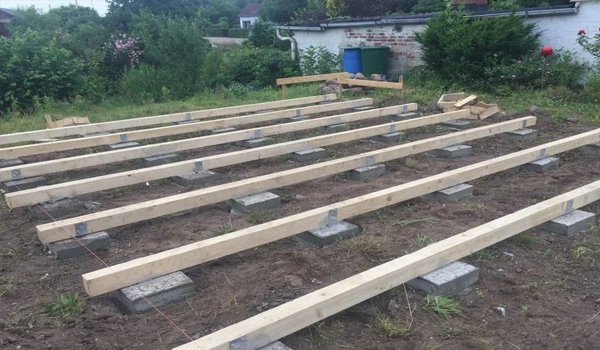
2. Flooring Inspection
The flooring in mobile homes is often made of plywood. The flooring is very susceptible to wear depending on where it is in the home. Common problems include cracking or separation of flooring materials. These problems can be attributed to plumbing leaks or temperature fluctuations.
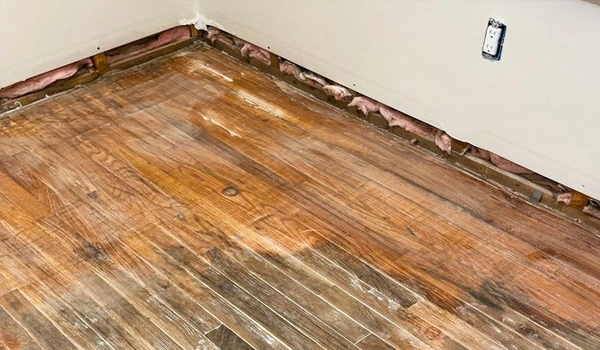
3. Water Damages
Water damage is very common in mobile homes. The inspector checks the plumbing systems, water pipes, and fixtures like sinks and faucets. Water damage can be the result of poorly installed plumbing or improper sealing. You may need a mold inspection for water damage.
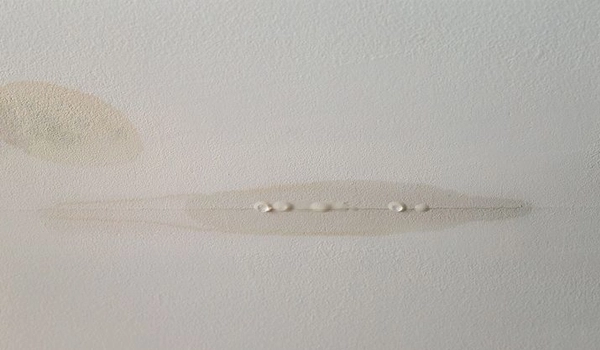
4. Electrical Systems
Inspection of electrical systems is an important safety precaution. Everything electrical is checked, including switches, outlets, lights, wiring, and breaker panels. Electrical problems can arise from overloading a circuit, outdated wiring, and improper grounding.
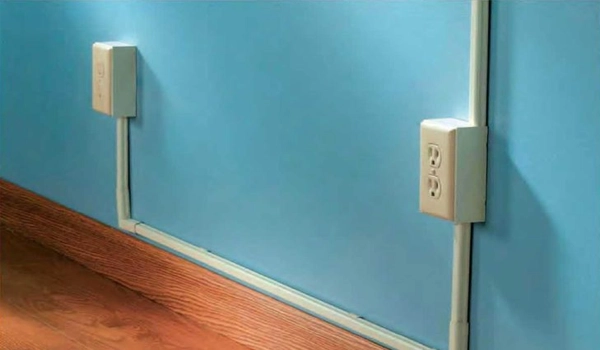
5. Doors and Windows
Doors and windows are important for the insulation and security of the home. Doors are checked for functionality in hinges, locks, and latches and windows for frames, seals, and glasses. Poor insulation is a common result of malfunctioning doors and windows.
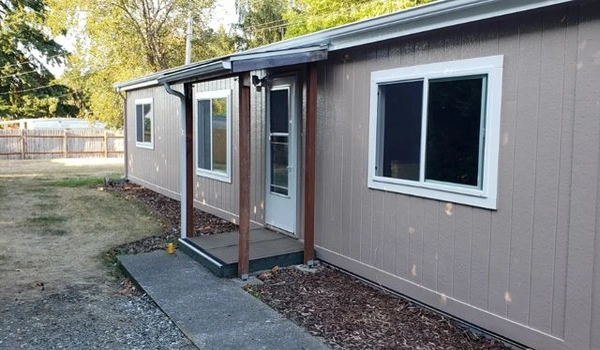
6. Vapor or Moisture Barrier Inspection
Vapor barriers are installed underneath the mobile home to prevent moisture from entering the building. Vapor barriers are difficult to inspect because of where they’re located, but ignoring their inspection can severely damage the structure over time.
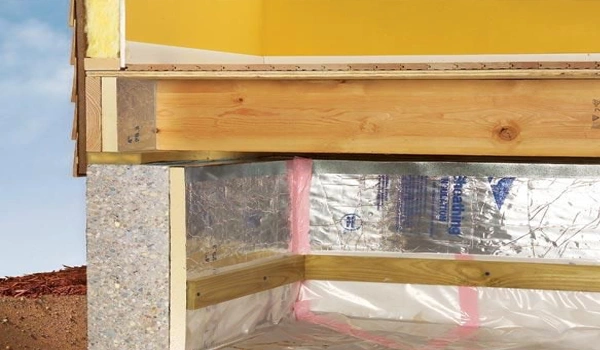
7. Wall Inspection
Walls in mobile homes are made of lightweight materials, and they’re not very strong. The inspector checks the walls for cracks or peeling paint. Wall-related problems are usually due to weather exposure and leaks.
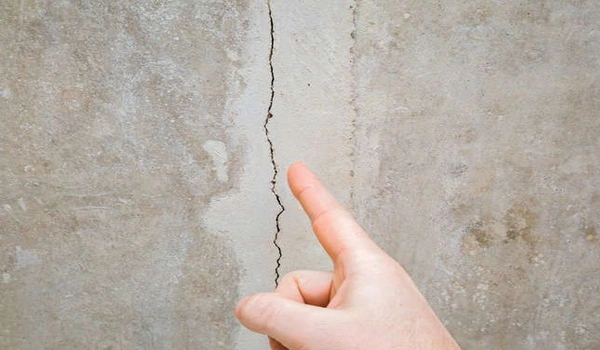
8. Ceiling and Roofing Inspection
The roofing protects the home against the elements, and its inspection is vital, especially in regions with harsh weather conditions. Shingles and ceiling panels are very important in roofing inspection. Heavy rain and old age are the main causes of problems related to roofing.
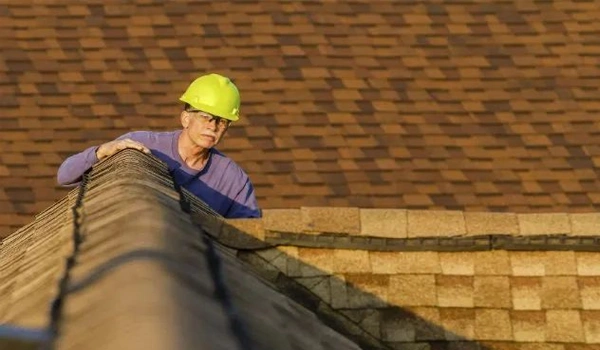
9. Septic Inspection
The septic systems aren’t easy to inspect. Maintaining the septic system is crucial for home sanitation, and by inspecting the septic system, you can prevent blockages and overflows. Problems in the septic system can result from ageing materials or shifting of the home.
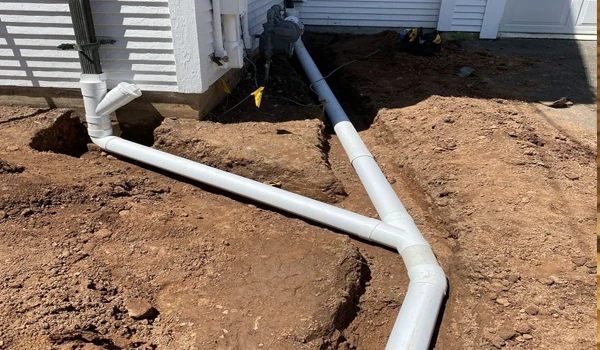
Hiring an Inspector for a Mobile Home
Even if your mobile home is brand new, it’s still a good idea to have it examined by a professional home inspector. Also, inspection is strongly recommended for older mobile homes to ensure their well-being and integrity. Houmse home inspection services in Toronto can put your mind at ease by checking your house and giving you a report of its condition as well as practical solutions to eliminate liabilities.
The Bottom Line
Mobile homes are popular due to the flexibility and affordability they offer. However, on the downside, these homes are more fragile than stick-built homes and over time, they may experience serious foundational and structural problems. With timely home inspections, you can find and resolve these problems before it’s too late.
- In this post:
- What Is a Mobile Home?
- What Is Mobile Home Inspection?
- Why Get a Mobile Home Inspected?
- Mobile Home Inspection Checklist: What Will the Inspector Look For?
- Hiring an Inspector for a Mobile Home
- The Bottom Line



